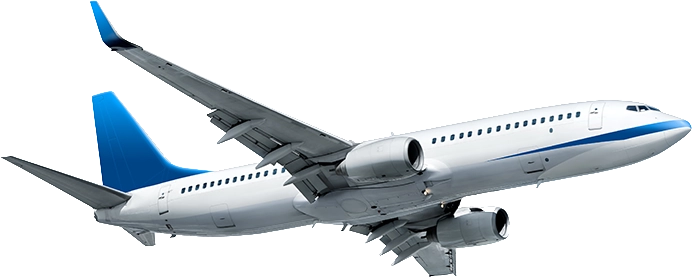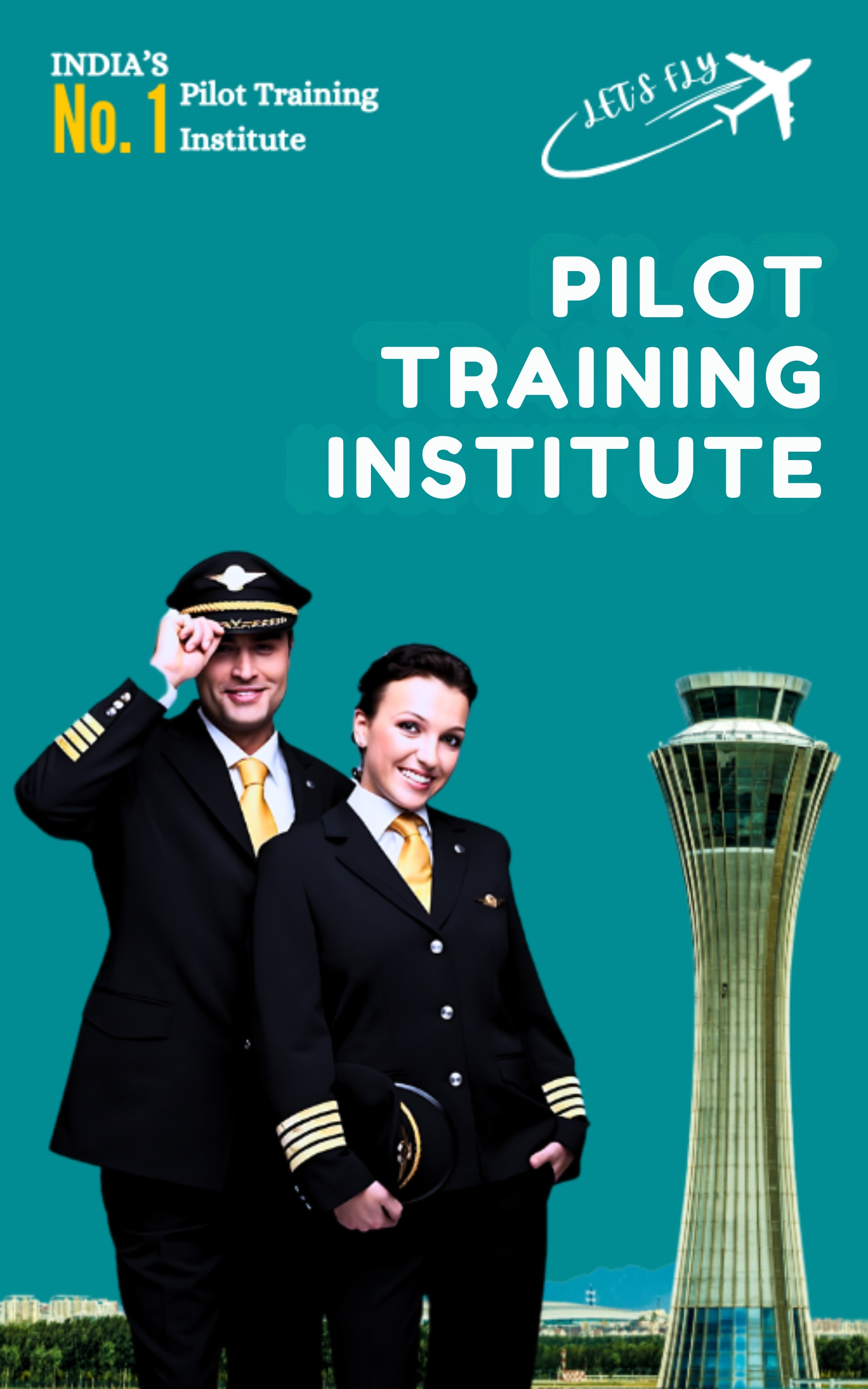How AI & Technology Are Changing Aviation Careers
Aviation has always stood at the cutting edge of innovation. From the Wright brothers’ first flight to the age of supersonic jets, every leap forward in aviation has been powered by technology. Today, however, we are entering a new era—one in which artificial intelligence (AI), automation, and digital transformation are fundamentally reshaping not only how we fly, but also the careers of the people who make aviation possible. For decades, the industry has relied on human expertise—pilots navigating storms, engineers repairing engines, and air traffic controllers keeping skies safe. Now, AI-driven systems, big data analytics, robotics, and smart technologies are changing the way these professionals work, creating new opportunities while also raising fresh challenges.
The global aviation sector is projected to double in passenger demand over the next two decades, and with this growth comes complexity. Airlines, airports, and aerospace companies are increasingly turning to AI and technology to improve efficiency, safety, and customer experience. Predictive maintenance powered by AI can identify potential faults before they disrupt flights. Automation in air traffic control can reduce delays and human error. AI-driven simulations are now a standard part of pilot and cabin crew training, offering realistic, risk-free practice environments. Even passengers are experiencing the effects—self-check-in kiosks, biometric boarding, and AI-powered customer support are making journeys faster and more personalized. These changes are not just altering operations; they are redefining aviation jobs across the board.
For aspiring aviation professionals, this transformation presents both opportunity and responsibility. Future pilots will need to be as comfortable managing automated systems as they are with traditional flying skills. Engineers must embrace robotics, drones, and digital twins to keep aircraft running safely. Air traffic controllers will increasingly act as supervisors of intelligent systems rather than manual coordinators of flights. Cabin crew will lean on data-driven insights to provide customized passenger experiences. Meanwhile, new career paths are opening up in areas such as drone operations, aviation cybersecurity, and AI system design.
Yet, while technology promises efficiency and safety, it also raises important questions. Will automation reduce the need for certain aviation jobs? How should current professionals adapt to these shifts? What skills will be in demand in the aviation workforce of the future? These questions are not hypothetical—they are being answered right now as airlines, regulators, and training academies adapt to the AI revolution.
This blog takes a deep dive into how AI and technology are changing aviation careers in every sector—cockpit, control tower, hangar, cabin, and beyond. By exploring these changes in detail, we’ll uncover not just how jobs are evolving, but also how professionals can stay ahead in a rapidly changing industry. Whether you are a student dreaming of becoming a pilot, a cabin crew aspirant, an engineer, or an aviation manager, understanding this transformation is key to building a future-ready career in aviation.
1. The Growing Role of AI in Aviation
AI is now deeply embedded in aviation operations. Its use spans across flight planning, safety systems, passenger experience, and even airport operations. Key areas include:
- Predictive Maintenance: AI algorithms analyze aircraft data to forecast part failures before they occur.
- Smart Flight Planning: Real-time weather, traffic, and performance data optimize routes, saving fuel and reducing delays.
- Passenger Service: AI-powered chatbots, self-check-in systems, and personalized travel experiences enhance customer satisfaction.
- Safety Enhancements: AI monitors systems for anomalies and provides real-time decision support.
These changes mean aviation jobs now demand new levels of data literacy and adaptability.
2. Pilot Careers in the Age of AI
Pilots remain central to aviation, but their responsibilities are evolving as automation and AI become standard.
How AI Is Changing Pilot Roles:
- Shift from manual flying to system management.
- Access to AI decision support systems during emergencies.
- Future potential for Reduced Crew Operations (RCO) where AI supports fewer pilots.
New Opportunities:
- Pilots skilled in AI-driven systems and automation will have a competitive advantage.
- Careers in remote UAV piloting are emerging.
- Pilot training academies are beginning to include AI-related modules in curricula.
Read Also – Why 2025 Is the Best Time to Join Aviation
3. Air Traffic Controllers and AI Systems
Air traffic control is one of aviation’s most stressful roles, and AI is helping reduce workload and errors.
Key Transformations:
- AI algorithms optimize airspace usage and reduce congestion.
- Automation handles routine tasks, freeing ATCs for critical situations.
- Remote towers powered by AI reduce staffing needs at smaller airports.
Career Impact:
- ATCs will move toward system supervision rather than manual coordination.
- Skills in cybersecurity and AI monitoring will be essential.
- Stress may be reduced as AI takes over repetitive tasks.
4. Aircraft Maintenance and Engineering Careers
Maintenance is shifting from reactive to predictive thanks to AI and advanced analytics.
Transformations:
- Predictive maintenance prevents costly breakdowns.
- Digital twins simulate performance and forecast repairs.
- Robotic inspections and drones check for structural issues.
Career Outlook:
- Engineers must learn data analytics, robotics, and digital system management.
- New roles: Predictive Maintenance Analyst, Drone Inspection Specialist, Digital Twin Engineer.
- Job safety will improve as AI reduces human exposure to high-risk tasks.
5. Cabin Crew Careers in the Tech Era
The job of a cabin crew member has always been about keeping passengers safe and comfortable during flights. But now, with the use of AI and new technologies, their role is changing in exciting ways. Technology is not replacing cabin crew—it’s actually helping them work smarter, faster, and with more focus on passengers.
How Technology is Changing Cabin Crew Jobs
- AI for Better Passenger Service
Airlines now use AI systems to collect information about passengers. This helps cabin crew know things like meal preferences, special needs, or travel history. For example, they might already know if a passenger prefers vegetarian meals or has requested extra assistance before. This allows crew to give a personalized and friendlier service instead of a one-size-fits-all approach. - Wearable Devices for Quick Communication
Cabin crew are starting to use smart devices like watches, earpieces, or communication bands. These tools make it easier for crew members to talk to each other and the cockpit quickly. If there is turbulence, a medical issue, or any urgent situation, these devices allow for instant coordination. Even during normal service, wearables help crew stay connected without delay. - Virtual Reality (VR) Training
In the past, cabin crew training was mostly classroom-based with some practical drills. Now, airlines use virtual reality headsets and simulations to train crew in realistic emergency situations. For example, they can practice handling fire, medical emergencies, or evacuations in a safe but lifelike environment. This type of training helps crew gain confidence and be better prepared for real-life events.
Opportunities for Cabin Crew in the Tech Era
- More Time for Passenger Care
Since AI tools handle many routine tasks, cabin crew can spend more time focusing on passenger comfort and service. This makes the job more rewarding and allows them to build stronger connections with passengers. - Better Training and Skills
With VR and AI-powered learning, crew members now get hands-on practice before real flights. This makes training faster, more effective, and gives them the confidence to handle emergencies. - Less Stress, Smarter Workflows
AI also helps with scheduling, passenger requests, and other routine checks. This means less paperwork and stress for cabin crew. Instead of worrying about repetitive tasks, they can focus on what matters most—keeping passengers safe and happy.
6. Airport and Ground Handling Operations
Airports are embracing automation and AI for smoother operations.
Innovations:
- Facial recognition speeds up check-in and boarding.
- AI-powered baggage tracking reduces lost luggage.
- Autonomous ground vehicles streamline logistics.
Career Impact:
- More emphasis on technical supervision than manual labor.
- IT and system management skills will become vital.
- Opportunities will grow in airport data management and robotics operations.
7. Business and Management Careers in Aviation
Management roles are being reshaped by data-driven strategies.
Key Developments:
- AI in revenue management adjusts fares based on demand.
- Big data informs route planning and resource allocation.
- Cybersecurity is now critical in protecting aviation systems.
Career Opportunities:
- High demand for data analysts, AI strategists, and cybersecurity experts.
- Traditional management roles require data literacy and digital transformation skills.
8. The Rise of Drone and UAV Careers
Unmanned Aerial Vehicles (UAVs) are creating entirely new aviation career paths.
Applications:
- Cargo delivery, agriculture, surveillance, and emergency response.
Career Opportunities:
- Drone Pilots for commercial and government applications.
- Drone Maintenance Engineers.
- AI Integration Specialists to improve autonomy.
9. Training and Education in the AI Era
Aviation education is adapting quickly to meet technological demands.
Trends in Training:
- AI and Data Analytics courses integrated into aviation curricula.
- Virtual simulations for pilots, engineers, and cabin crew.
- Remote learning platforms with AI tutors for personalized education.
Career Preparation:
- Cross-disciplinary knowledge of aviation and technology will be highly valued.
- Lifelong learning will be essential as tech evolves.
10. Challenges and Ethical Issues
With opportunities come challenges.
Concerns:
- Job displacement in manual roles.
- Skill gaps for current workers.
- Cybersecurity vulnerabilities.
- Ethical concerns around AI decision-making.
Solutions:
- Upskilling programs.
- Stronger cybersecurity frameworks.
- Balanced human-AI collaboration with oversight.
11. The Future of Aviation Careers
The aviation industry is not moving toward a future where humans are replaced by machines. Instead, it is heading toward a future of human–AI collaboration. In this new era, AI and automation will handle repetitive and data-heavy tasks, while humans will continue to make important decisions, provide personal care, and ensure safety. This balance will not only make flying safer and more efficient but also create new roles and skills for aviation professionals.



